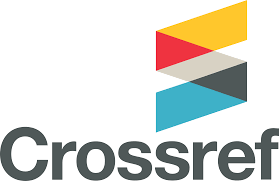Abstract
In the current dynamic environment, measuring a company’s performance becomes exceedingly complex since Performance Measurements Systems (PMS) not only measure a company’s performance but also reflect their organizational culture and philosophy. Designing and implementing PMS is an integral part of management control systems. However, traditional PMS are criticized for being obsolete, irrelevant to managerial decision making, unrelated to strategic objectives and detrimental to organizational improvements. Given the shortcomings of traditional PMS, there is need for a new framework that can lead to the design of a PMS that balances short-term and long-term measures, internal and external measures, and financial and operational measures. This paper presents issuesassociated with the needs of a dynamic PMS, observe past research achievements in PMS and review past PMS frameworks that have been introduced. The paper then proposes an improved methodology for the design of a realistic PMS and its effective implementation in a manufacturing environment with case for Indonesia’s company.
Recommended Citation
Wibisono, Dermawan
(2011)
"A Framework of Performance Measurement System for Manufacturing Company,"
The South East Asian Journal of Management: Vol. 5:
No.
2, Article 1.
DOI: 10.21002/seam.v5i2.1004
Available at:
https://scholarhub.ui.ac.id/seam/vol5/iss2/1
Included in
Management Information Systems Commons, Management Sciences and Quantitative Methods Commons











